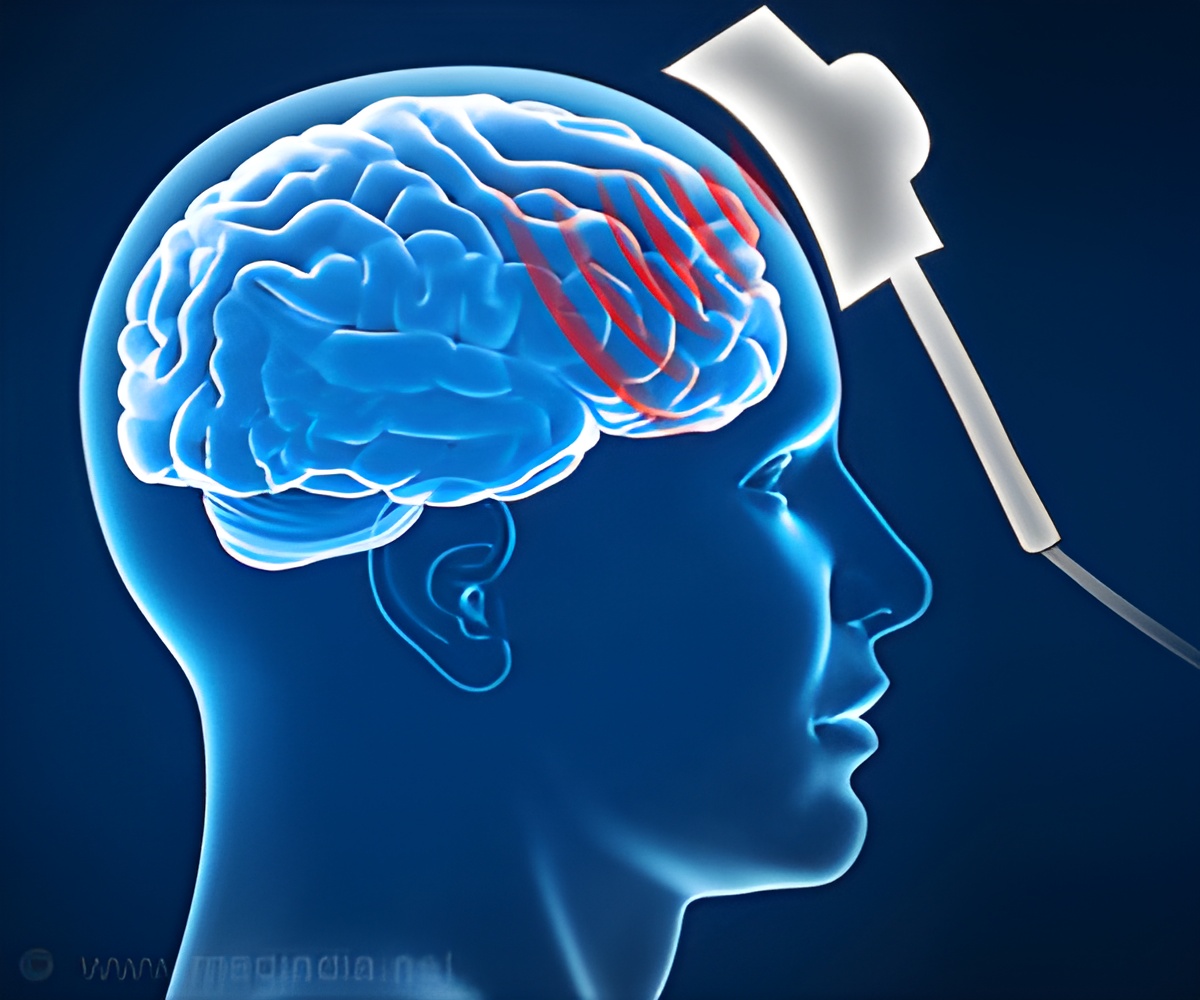Transcranial magnetic stimulation or TMS can make significant improvements in patients with severe depression who had failed to respond to other treatments, including antidepressants.

According to the health experts, TMS uses a magnet to activate the brain. An electromagnetic coil is held against the head and short electromagnetic pulses are administered through the coil.
The magnetic pulse simply passes through the skull, and causes small electrical currents that excite nerve cells in the targeted brain region.
In depression, medicos target the prefrontal cortex, the region of the brain involved in decision-making, mood and emotional responses.
As this type of pulse generally does not reach further than two inches into the brain, medicos can choose which areas of the brain will be affected and which areas will not be affected.
The experts added that the magnetic field is about the same strength as that of a magnetic resonance imaging (MRI) scan.
Backing the findings of these researches, ‘Daily Mail’ last week reported that the condition of a former GP Sue Mildred has dramatically improved after the TMS treatment.
Eventually, she became resigned to the idea that her condition would never improve. Yet two years on her mood is lighter and she is back at work — thanks to the new treatment called transcranial magnetic stimulation,” the daily reports.
During each treatment session, approximately 30 minutes, Sue sat in a chair while a magnetic coil was held against her head. Up to 3,000 magnetic pulses were transmitted into her brain for a few seconds at a time, followed by a break of a few seconds.
Within three months of the treatment, she was able to go back to her job in medicine, and is now working with elderly patients with psychiatric problems .
“It’s not like there’s one day when you suddenly feel well. The effects have been gradual but life-changing,” she told Daily Mail.
Meanwhile, the treatment is now also being tested as a new treatment for the eating disorder anorexia.
According to the statistics of the World Health Organization (WHO), at least 350 million people live with depression and it is the leading cause of disability worldwide. It affects not only the person with depression, but their loved ones too.
The condition often starts at a young age and affects women more commonly than men. 1 or 2 mothers out of 10 have depression after childbirth. Depression also restricts a mother's capacity to care for her child and can seriously affect the child's physical and mental growth.
Almost 1 million people take their own lives each year due to depression. Symptoms of depression include persistent sadness, low energy and difficulty in functioning normally.
Source-Medindia
 MEDINDIA
MEDINDIA


 Email
Email










